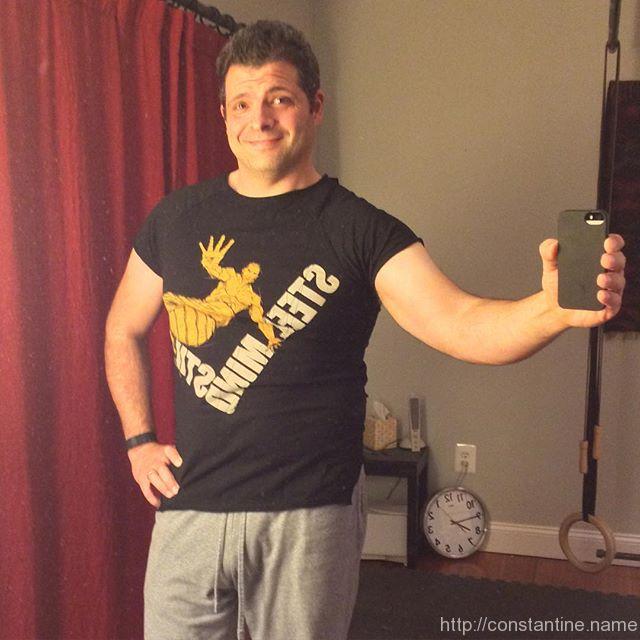On Castbox.fm — Angel Griffin | Performance 101
How can gym owners effectively create and manage performance teams that provide opportunities for athletes to grow and succeed in professional environments?
Building a performance team can transform a gym’s visibility and offer athletes pathways into professional arenas like Cirque du Soleil and stunt shows.
We live on the policy of, push our coaches to be the best that they can possibly be.
~ Angel Griffin (5:15)
The conversation explores the process of creating and managing performance teams within gym environments. Angel shares insights from her experience directing Firestorm Talent and Entertainment, emphasizing the importance of defining goals before launching performance initiatives. She outlines paths gym owners might take, such as raising community awareness, generating income, or offering new channels for coaches and students to develop.
Angel discusses how performance teams provide opportunities for athletes to transition into professional careers, citing successful placements in Cirque du Soleil and stunt shows. The conversation highlights the significance of supporting coaches’ ambitions, even if it leads them to leave the gym, and underscores the importance of delegating leadership roles to passionate individuals to ensure performance teams thrive without compromising gym operations.
Takeaways
Building community awareness — A performance team can increase visibility and attract new gym members.
Professional pathways — Athletes can transition into professional careers with proper guidance, including resumes, headshots, and demo reels.
Delegation and leadership — Gym owners should delegate performance team management to passionate individuals to avoid spreading themselves too thin.
Coaching retention — Supporting coaches’ personal goals often leads to long-term benefits for the gym and community.
Simple starting points — Birthday parties and small performances provide accessible entry points to build a performance team.
Clear goals — Defining the purpose behind starting a performance team is crucial for success and direction.
Training for success — Teaching performance etiquette and backstage processes prepares athletes for professional environments.
Networking value — Connections in industries like Cirque du Soleil can create opportunities for athletes to achieve their dreams.
Resources
Firestorm Talent — The official website for Firestorm Talent and Entertainment, showcasing performances and services.
Firestorm Talent @firestormtalent
Art of Retreat — Official site for Art of Retreat, the event where this conversation took place.
(Written with help from Chat-GPT.)
ɕ



